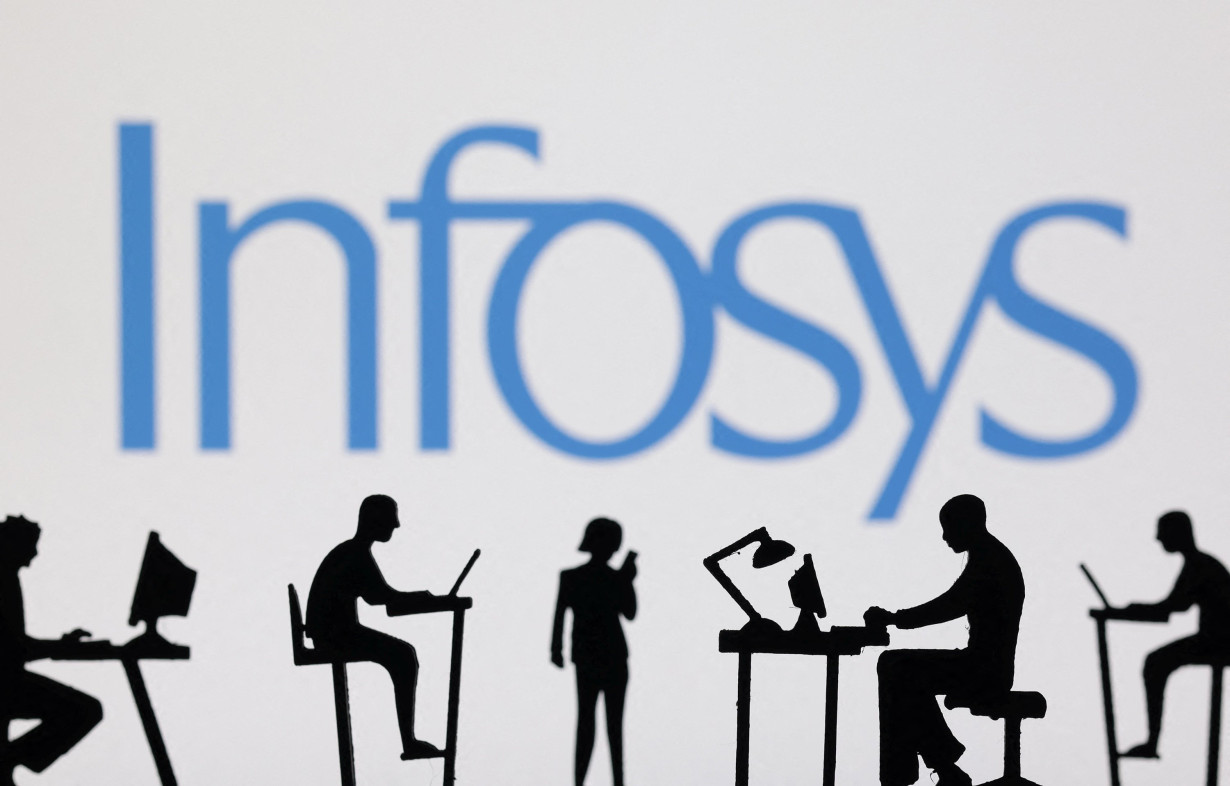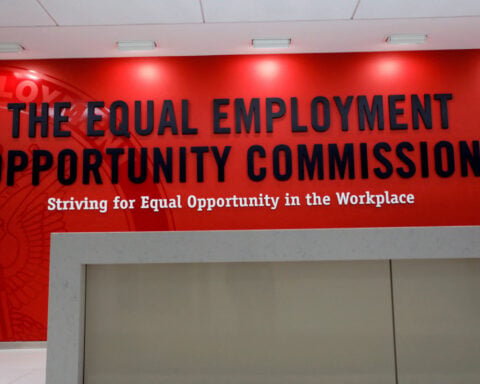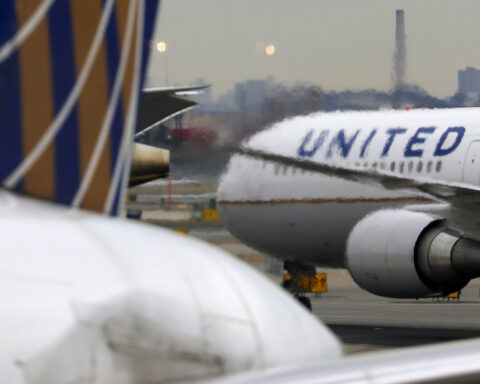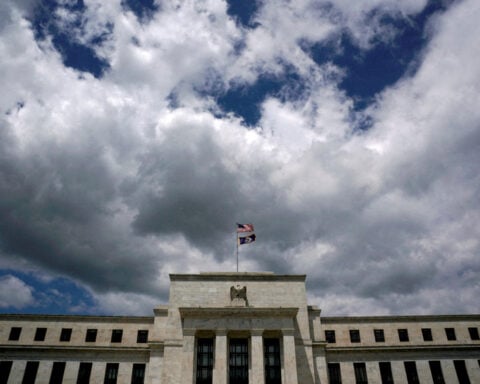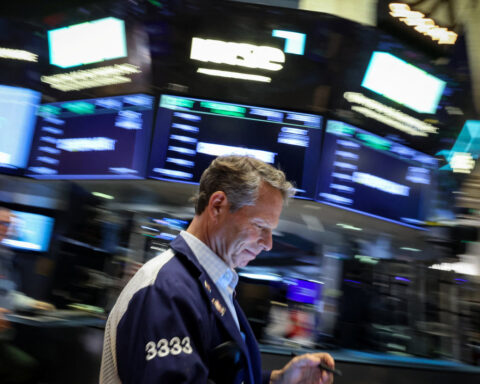By Haripriya Suresh
BENGALURU (Reuters) - India's $283-billion IT sector should brace for a rough year ahead as tariffs are likely to stoke inflation in its key U.S. market and force clients to cut spending, analysts said.
Although President Donald Trump did not impose direct tariffs on IT services, Indian firms are expected to feel the heat as clients, especially in manufacturing, logistics and retail sectors, adjust to the new levies.
That could slow deal cycles, delay existing projects and hurt revenue growth, analysts said. Bernstein and ICICI Securities rushed to cut their ratings on the Indian IT sector soon after the tariff announcement.
The tariffs come at a time the sector was counting on Trump to revive client confidence and discretionary spending after years of weak revenue growth.
The U.S. accounts for more than half of India's $190 billion software exports, making the sector sensitive to shifts in spending confidence among businesses in the world's largest economy. J.P.Morgan on Friday lifted global and U.S. recession odds to 60% after Trump's tariff announcement.
"With a rising risk of U.S. recession and uncertain decision-making, we think chances of fiscal 2026 being a complete washout are rising," J.P. Morgan said in a note on Friday, without giving specific numbers.
At least six analysts expect Indian IT firms to issue a "conservative" annual revenue growth forecast when quarterly results start next week.
Companies with a greater exposure to discretionary spending are expected to bear the brunt of any tariff-fueled slowdown.
"Discretionary IT spend will likely see an impact across the industry verticals. Companies to get impacted will typically be the high-growth companies in the large caps and some of the mid-caps where the exposure usually is much higher on the discretionary side," BNP Paribas analyst Kumar Rakesh said.
He added the impact of a potential slowdown could be apparent by the September quarter.
India's Nifty IT index fell 3.6% on Friday to take its losses for the week to 9.15%, the steepest weekly fall for the index in more than five years.
(Reporting by Haripriya Suresh; Editing by Dhanya Skariachan, Sonia Cheema and Saumyadeb Chakrabarty)

 Trump has begun another trade war. Here's a timeline of how we got here
Trump has begun another trade war. Here's a timeline of how we got here
 Canada's leader laments lost friendship with US in town that sheltered stranded Americans after 9/11
Canada's leader laments lost friendship with US in town that sheltered stranded Americans after 9/11
 Chinese EV giant BYD's fourth-quarter profit leaps 73%
Chinese EV giant BYD's fourth-quarter profit leaps 73%
 You're an American in another land? Prepare to talk about the why and how of Trump 2.0
You're an American in another land? Prepare to talk about the why and how of Trump 2.0
 Chalk talk: Star power, top teams and No. 5 seeds headline the women's March Madness Sweet 16
Chalk talk: Star power, top teams and No. 5 seeds headline the women's March Madness Sweet 16
 Purdue returns to Sweet 16 with 76-62 win over McNeese in March Madness
Purdue returns to Sweet 16 with 76-62 win over McNeese in March Madness
